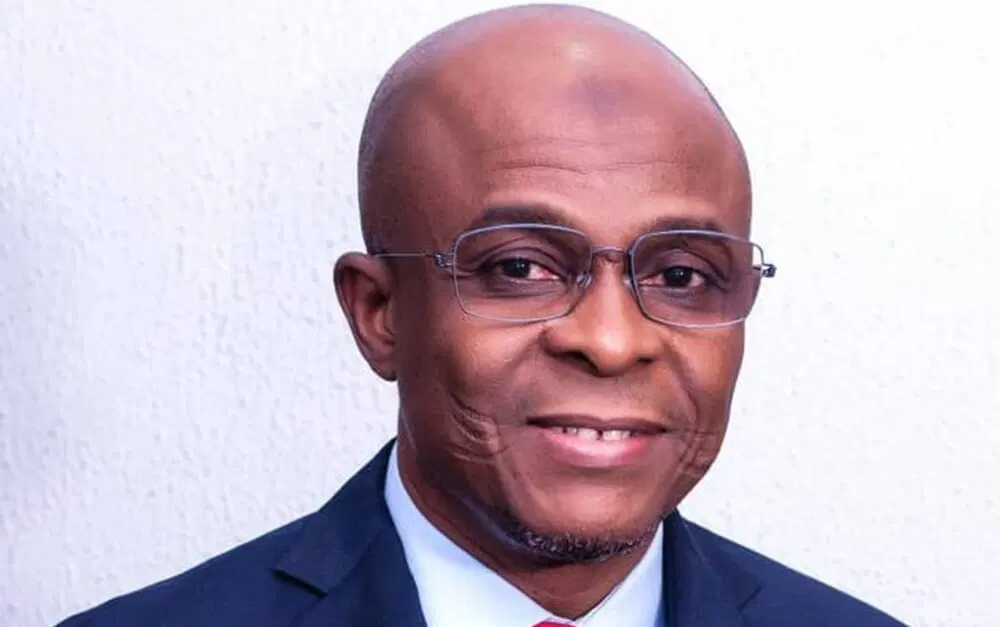Therefore, the Ikwerre are a distinct tribe in Rivers state. If going by the 1999 census, the Ikwerre are the largest ethnic tribe in Rivers state as constituted today, spanning four local governments areas viz. Port Harcourt, Obio-Akpo, Ikwerre and Emohua.
Finally, I have also read in many articles where some claim that Ikwerre people are from Benin, through ancestors Akalaka and Ochichiri. Again, these two names, Akalaka meaning (destiny) and Ochichiri (God rules) have traces of Igbo language resemblance, therefore actually reinforcing again that the Ikwerre are of Igbo origin.
The facts remain that the Ikwerre are a district tribe and owners of the Ikwerre land and Ígwúóchán ( Port Harcourt) from time immemorial but are of Igbo extraction, deducing from every available evidence. However, one will wonder then, why the bickering? Why some of the Ikwerre do not want to identify themselves as “Igbo”! The reasons are obvious and vary.
Wrong Narrative: The narrative that Ikwerre people are Igbo people who came to Rivers state or live in Port Harcourt many years ago is wrong. Ikwerre people are not Igbo people in that sense. Ikwerre people are indigenous, aborigines and native owners of Ikwerre land and Port Harcourt in Rivers state. They inhabited this area from time immemorial.
Colonization: Colonialism brought some distortions, especially in translation of native languages to English. In the case of Ikwerre language, the colonial masters, supported by their core Igbo interpreters, ignored to identify the Ikwerre language and people as distinct and different from the core Igbo, and I will explain. From colonial time, the Igbos who were more educated and occupied the civil service and business at that time inadvertently behaved indifferently; instead of recognizing the Ikwere dialect (language), they tried to change the dialect back to full Igbo language. For example Rumukwurisi, (Umukrushi) Rumuobiokani, (Umuobiakani) Rumuogba (Umuogba), Rumuokoro (Umuokoro), Rumueme (Umueme), Igwuruta (Igirita) and many others like that. However, the issue of Obigbo to Oyigbo is different and this change of name, which is rather unfortunate, was politically motivated. It did not follow the norm, as Oyigbo is neither Ikwerre, Ibo, Andoni or Ndoki language. Secondly, you can see that not until after many years, probably late fifties was the English Bible and many educational materials translated to Ikwerre language. The truth is that at that time, Igbo language was the most common language spoken in that area, in fact, most old Ikwerre people understood Igbo language and can read Igbo Bible, which interestingly was translated from English to Igbo at All Saints Cathedral in Egbu, Owerri by the missionaries, even though they had their own language. Another point is that the native translators who worked with the colonial masters were mostly Igbo and of course translated the Ik were language and names as they understood it. Probably without malice, but this, some Ikwerre apologetics see as display of cultural supremacy and arrogance by the Igbo.
Also, some have argued rightly or wrongly that their Igbo brothers oppressed them. For example, during the colonial era, most of the schools were established in the hinterlands. Why was there no secondary school established in the Ikwerre area not until 1932, when Enitonna High school, founded by the Sierra Leonian Missionary, Rev. Potts Johnson, was established? The answer is simple, as at that time the schools were established by the colonial local offices and not Igbo people per se.
Political Persuasion and Resource Control: Not minding the reasons behind the civil war and state creation, political dominance by the core Igbo remains a palpable fear of the Ikwerre man like all the other minority groups. Another reason for the bickering, outside the perceived notion of oppression and arrogance, is that of resource control. Some believe that Igbo, with their egalitarian nature, will take over their land and control of the rich oil resources of the area.
Internal Political Fears: The obvious struggle and encroachment by some riverine ethnic groups and claim of Port Harcourt city constitute a struggle for the Ikwerre man. He is on a cross road. That is why, the emergence of John Azuta Mbata as the President General of Ohaneze ndi Igbo at this time is a defining moment for the Ikwerre people. It makes them bigger and stronger both locally and nationally – no matter to whatever political persuasion or divide they belong.
In conclusion, whatever the reasons may be, and the debate whether the Ikwerre are Igbo or not, the fact remains that the Ikwerre people (‘Iwhuruoha’) are a distinct tribe, aborigines (nd’eweli’) of Ikwerre land and owners of Port Harcourt (Ígwúóchán ) in Rivers state, Nigeria, who happen to be of Igbo extraction based on the abundant evidence of language, culture, tradition, belief, and historical artifacts, artistic relics and literature. For me personally, “Ikwere bu Igbo, Igbo bu Ikwerre” (just like the chicken is from the egg and the egg is from the chicken).
Having made my point, I do respect the views of others, especially some faction of the Ikwerre people and association who think otherwise.
*Concluded
*Sir. Godfrey Nnamdi Ohuabunwa, KSC, is former President of the Port Harcourt Chamber of Commerce, Industry, Mines and Agriculture




 1 week ago
23
1 week ago
23








 English (US) ·
English (US) ·